Ministry Warns County Levies on Power Lines Could Raise Internet Costs
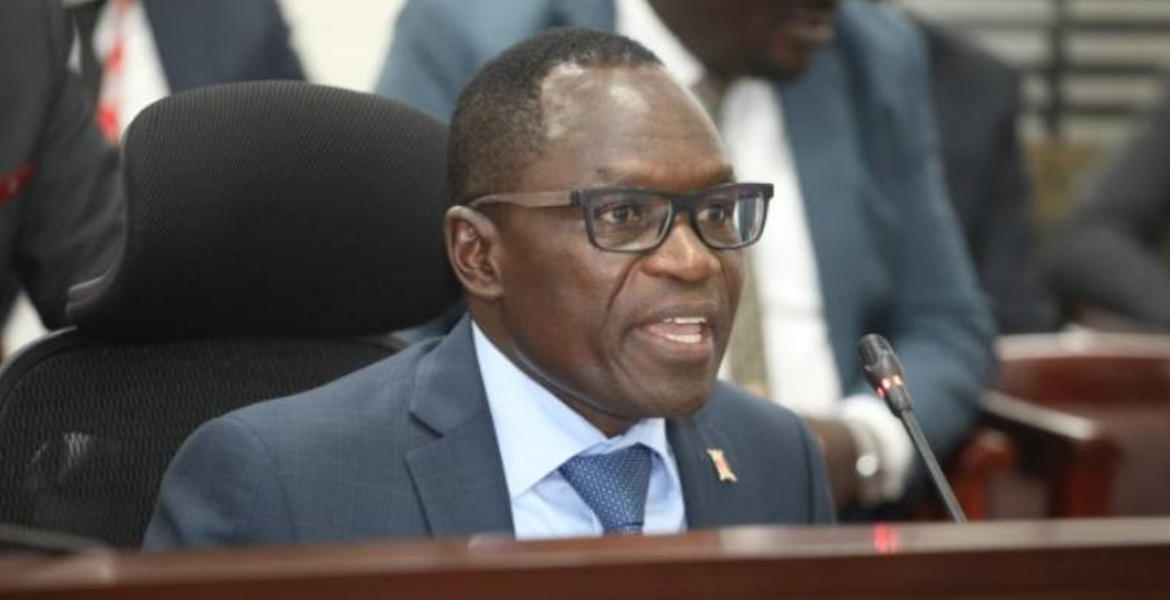
The Ministry of Information, Communications and the Digital Economy has opposed a proposal allowing county governments to impose charges on public power lines, warning that the move could raise internet costs and disrupt national broadband projects.
Appearing before the Senate Committee on Energy, Principal Secretary Stephen Isaboke said the proposed amendment to the Energy Act, which would remove the requirement for Cabinet approval before counties introduce such levies, could fragment regulation and hinder the rollout of digital infrastructure. The committee, chaired by Siaya Senator Oburu Oginga, is examining the potential impact of the changes.
The Ministry’s main concern is the risk posed to key connectivity initiatives such as the National Optic Fibre Backbone Infrastructure (NOFBI) and the Last Mile County Connectivity Project (LMCCP), both central to Kenya’s digital transformation plans. Isaboke warned that allowing counties to set their own wayleave fees could lead to inconsistent charges, discourage private investment, and delay broadband expansion, particularly in rural areas.
“While the Ministry supports devolution and recognises the importance of empowering county governments, the proposed amendment would undermine national cohesion and efficiency,” Isaboke told the committee.
He added that uncoordinated levies could increase operating costs for internet providers, resulting in higher prices for consumers. Currently, wayleave fees for infrastructure installed on public power lines are collected by Kenya Power and then remitted to county governments. The Ministry says this centralised system ensures uniformity and prevents regulatory overlap.
However, disputes have emerged under the current model, including a KSh4.9 billion fee disagreement earlier this year between Nairobi County and Kenya Power, underscoring tensions over revenue sharing. Senators at the hearing, including Edwin Sifuna and Bonny Khalwale, acknowledged the Ministry’s position but called for greater transparency and fair distribution of revenue.
Sifuna urged the Ministry to disclose how much telecommunications firms contribute for access to public infrastructure, while Khalwale emphasised the need for counties to receive tangible benefits from the digital economy. Industry representatives also voiced their concerns.
Fiona Asonga, Chief Executive of the Technology Service Providers of Kenya (TESPOK), called for a more supportive regulatory approach, proposing a dedicated tariff for the telecommunications and data sector similar to the preferential rates offered to manufacturers. She said such measures are necessary to sustain growth in the digital services industry.

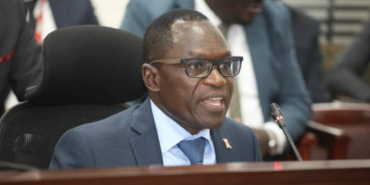
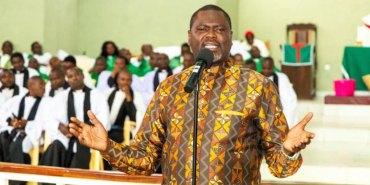
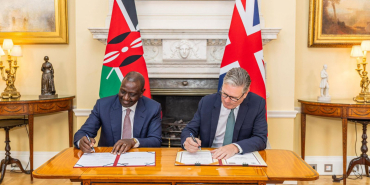
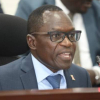



Add new comment